Using IoT to improve worker safety
Thanks to cheaper methods of manufacturing hardware and the rise of wireless networks, it's now possible to turn anything—from small units to giant...
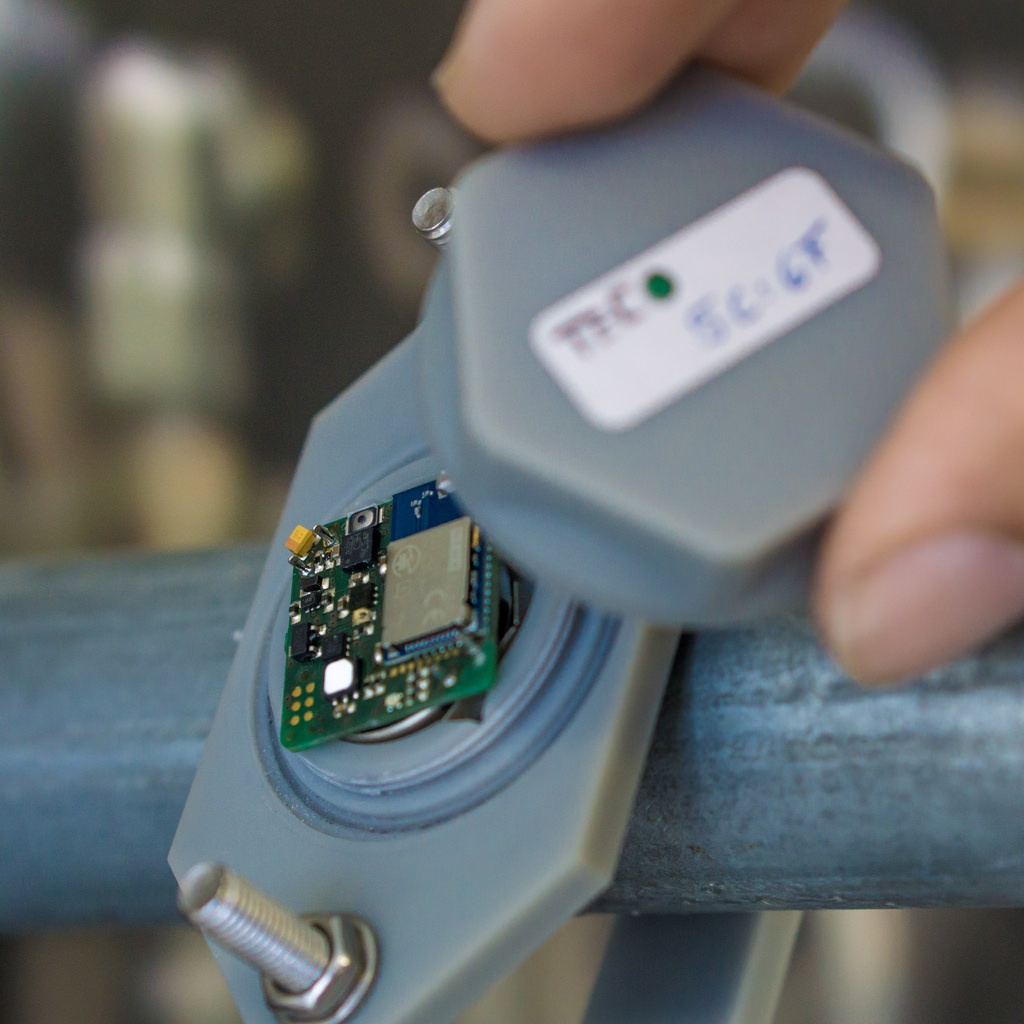
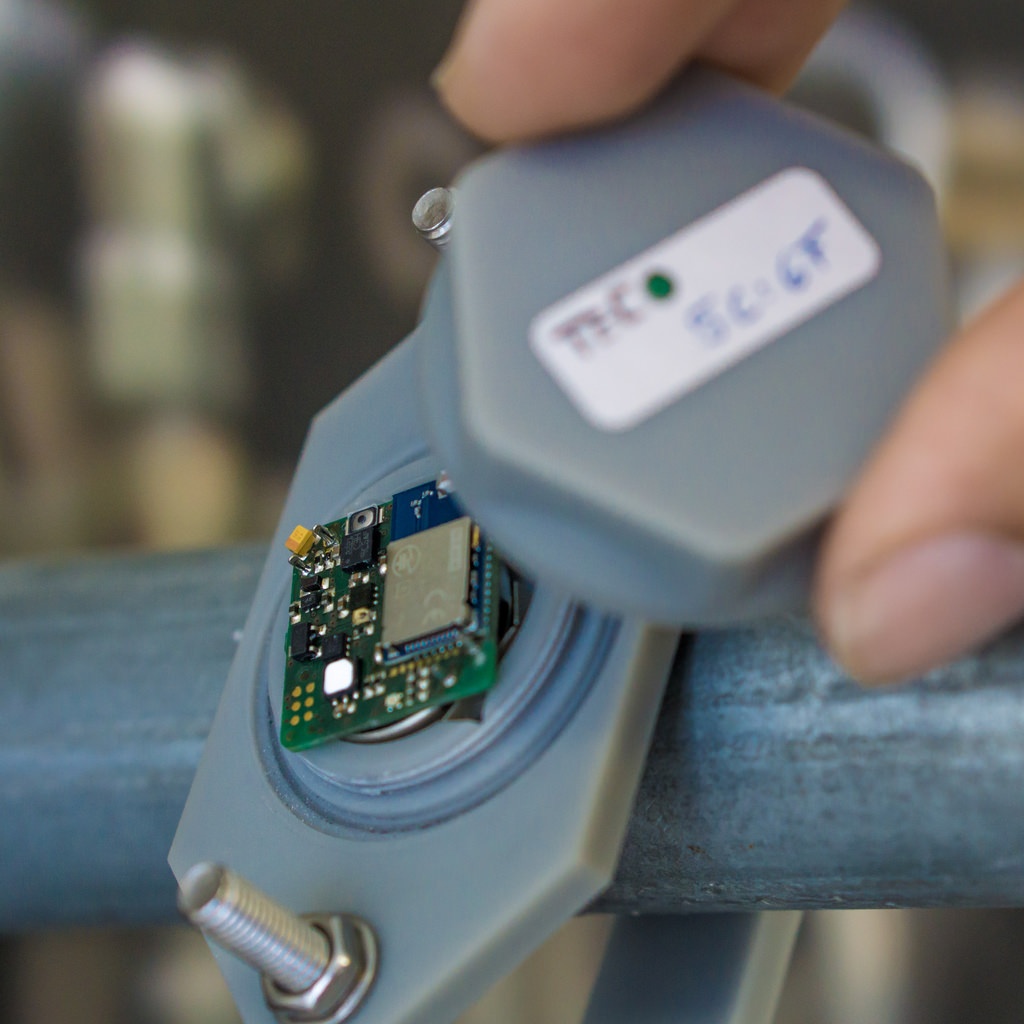
The working environment is changing and so is the strategies and how things are conducted within and outside the organizations. Trends are flooding where automation and machine learning are inculcating deep inside the society and their behavior. Industries and manufacturing units are not untouched by it. Our factories are becoming hi-tech and smart with the induction of every module and step to moderate things starting from the beginning. IoT is changing the manufacturing units and companies dealing with product requirements in any stage or area of interest. The manufacturing industry is one of the oldest industries since the origin of mankind. Like every industry manufacturing business also have their own set of difficulties and resource scarcity. But proper management and reinforcement with the help of Internet of Things evidence and practical based innovation transformation become quite real. The attitude change in the current generation of business handlers, CEO, top managers, and field workers with use of Google, Apple, Facebook, connectivity, adds value to the internet. The changing framework and increasing connectivity with the internet and more technological advancement are evolving within the manufacturing unit at various protocols and management units. They help in a way to enhance the skills and outcome by increasing learning and sustaining ability with respect to market trend and competition.
On the one hand, it is the truth that the manufacturing industry is being too huge with various vertical and horizontal dimensions. There are various projects and transitional professionals working in a single go hence to maintain IoT devices in such case become a difficult deal and to follow at every minute level seems impossible. This makes strategizing regarding new scientific development little absurd as everyone within a manufacturing unit does not have similar knowledge of IoT. Leadership and standard to maintain certainly become paranoia.
When IoT devices were first introduced within various sectors industries and giants like Accenture were cashing in billion and contributing to the global economy. A per the report 87% of the business leaders believe in IoT being involved in the millions of jobs creation and industry expansion. In the manufacturing industry, innovation and management are two essential pillars. These two also require constant changes and gradation. This in turn increases efficiency. Industrial IoT opens up the opportunity to the world which caters to efficiency and tool understanding that are tailored made, reducing the workload at every channel be it production, service or delivery.
A logical assessment of information and cross information exchange is crucial for any industry. This keeps the workflow in uni-direction of progression. Artificial intelligence helps in identifying opportunities optimizing in terms of what market offers. A digital picture is ruling the work plans for better implementation and monitoring of assets as well as human resource. Regulation of physical asset also become quite easy. The projection of the digital era has changed the profitability analysis and ease of working.
IoT devices directly connects with the intelligent working modules consisting of sensors, machines which are at par capable of managing the field operations as well as material resource requirement. This also allows better technician efficiency in responding to after-sales service follow-ups.
Quality control management implementation and monitoring is also a crucial part of any industry. Sensors can detect early phases errors. It can test material for their durability and competence to make sure they meet the specialized expectation and requirement of the client. If it does not happen things can be worked out at an early age and it reduces the cost involved. Within an organization dealing with manufacturing units maintaining the quality checks up of small components are sometimes most crucial like temperature and pressure and risk of human error can not be availed in such. Some real-time experiment and alert can be created and testing indicating the capability of the manufacturer's product so that best goes out in the market.
Manufacturing units are also based on huge operational machinery which is complicated as well as requires security and constant vigilance to avoid accidents and avoidable pitfalls. In cases of emergency sometimes physical presence becomes quite difficult hence the involvement of automation machines integrated with IoT can be a favorable option. First line of responders can be very well played by automated machines. The machine can be tested and taught to have real-time alerts and shout out if any preferable bad incidence is anticipated.
In the end, every industry is linked to the retail and manufacturing sector is one of it. We need to maintain the stock, buyers list, supplier tenders, material, etc. in such case IOT can be helpful in having smart tags and digital lockers which makes the placement of individual product or entity easy. Item is also shipped from one geolocation to another which require extra effort from the central distribution system. So that the whole system remains in symmetry and harmony. Retail location and demands may vary with respect to each other either negative or positive it’s on the market trend. Similar to this product also fluctuated largely depending on it. Location technology can be used conveniently to find visibility throughout the supply chain that is more of a cloud computing-based and can interact and interpret millions of data files.
Often a manufacturing company deal with huge files work and require something which can manage their data. Let us see some of the points where IoT can be beneficial.
In the unit or factory where the main governing body wants the asses to the information and the decision are governed by the proper flow of the data. This also looks into the Universal commitment that addresses the data challenges an organization may face. An indicative strategy planning and executable training plan.
Understanding of the specific needs of the manufacturing plant and uniqueness in them so that competitive market can be easily worked upon. IoT diversifies and analyze the situation and provide indicative facts based on this mathematical study that could broaden up the efficiency forth working unit.
Smart packaging is becoming the trend of large-scale industries where if the product is exposed to the huge variation of temperature or pressure it has nil effect on it. So, maintaining optimal limits or quality is a must. IoT also helps in finding a counterfeit or wrong packaging with easy detectability when compared to other human-assisted projects. This acts as a cost-effective solution where damaging the product become minimal. On the other hand, logistics and supply chain is also a complicated key stage that needs to be accomplished perfectly. GPS embedded and sensors loaded trucks are now in trend which can assess the temperature outside, whether in other geolocations and condition of roads. IoT makes everything clear and in the loop when wee sees things evolving in a better in warehouses as well on grounds of logistics.
Not only the manufacturing units IoT can be helpful in scenarios requiring other operation and dimensional involvements like sales, human development, a delivery system which can be completed in a lesser fraction of time when taken help from technology. So, from tracking to blockchain integration, IoT is spreading its wings to address the issues and find their simple solution which makes working smooth, product better and customer happy.
The manufacturing industry is on a wider basis lead-based and relationship-driven. People are afraid to introduce newer things which they feel might interest in their existence flow of work, which does not hold true. Digital transformation does not mean a negative growth in any sense. Big and veteran giants always want to improve them as per the market standards to continuously grow and expand which makes the introduction of technology within their system so pivot. This makes strategy for casting and choosing so easy.
This might be helpful in their own context as it reduces human error and centralized the working pattern. In other IoT Is also helping a young investor or entrepreneur to have a predictive and apprehensive analysis on where the goals need to be set in light of market scenario. So overall the situation becomes handier for both the old player and beginners.
IoT implementation doesn’t focus upon completely removing the human touch but dealing with the error part or providing solutions where human interaction at various levels just need a fine tuning to be more beneficial, productive and meaningful for the company. No matter how obedient the employees are they at some point in time require technology as the helping hand. And there is no harm in it. With increasing competition and exhaustion of resources and increasing scrutiny from the government, everything needs to be places where chances of error should be minimal and such situation IOT integration is not less than a savior.
Need help with your IoT implementation? Contact us and ask for case studies on IoT solutions we have implemented
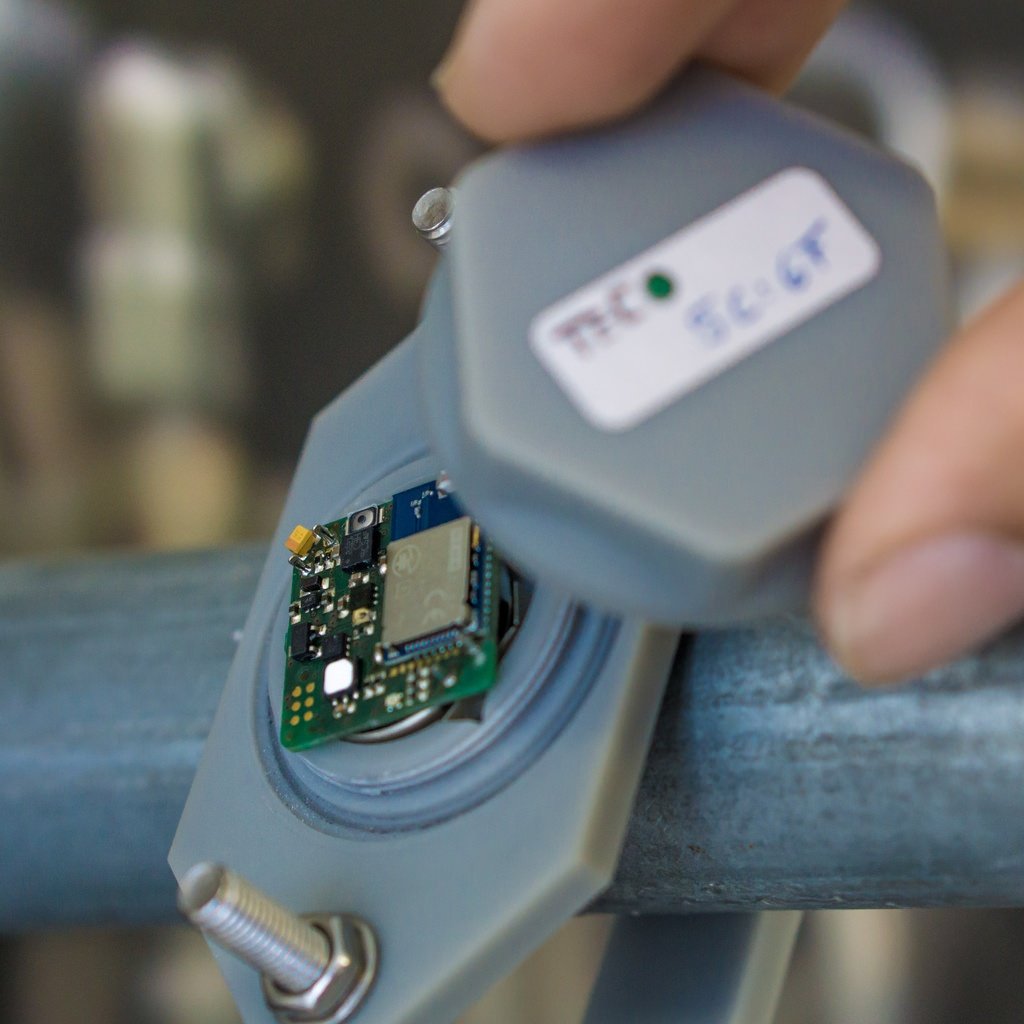
Thanks to cheaper methods of manufacturing hardware and the rise of wireless networks, it's now possible to turn anything—from small units to giant...
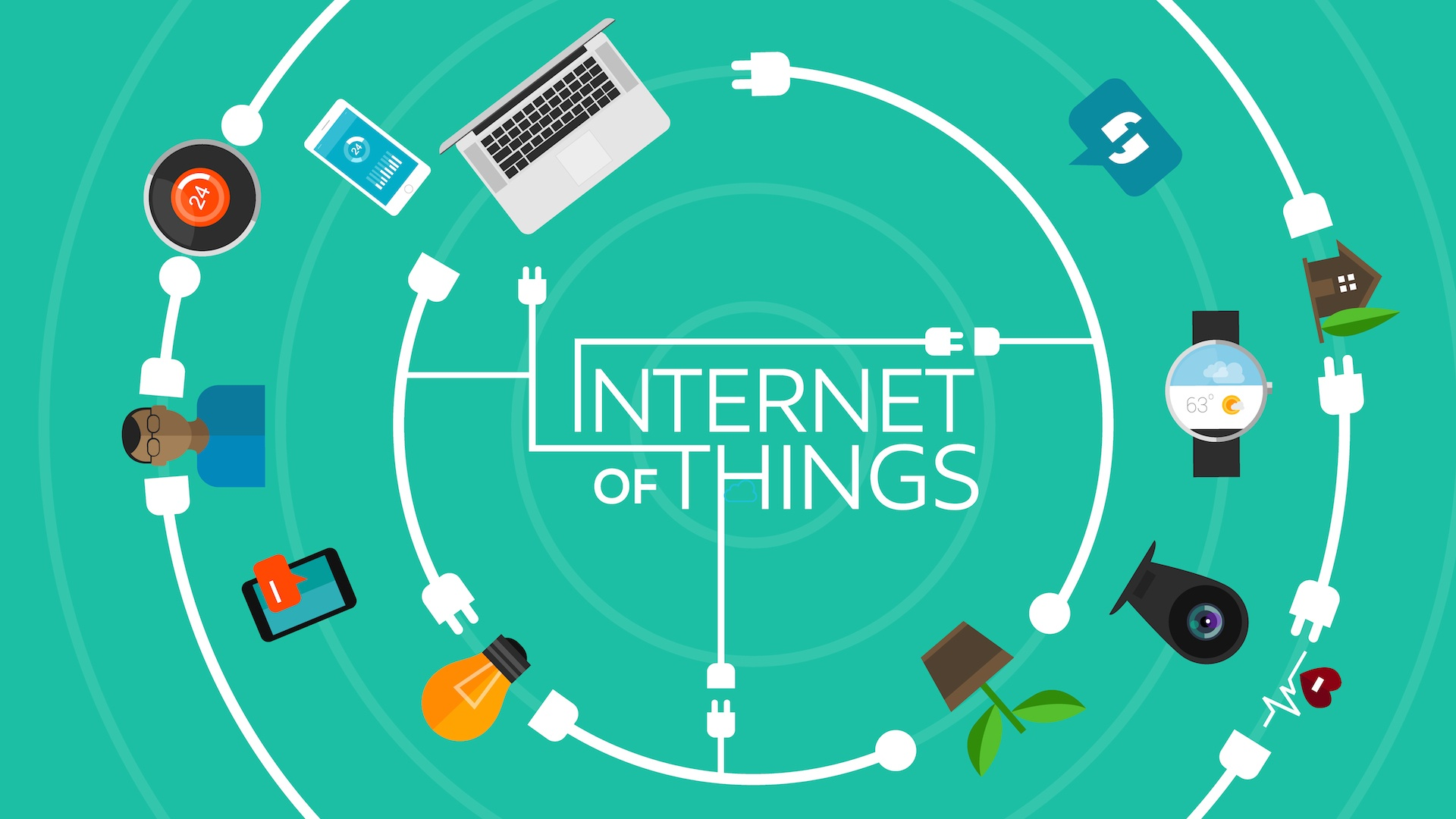
The Internet of Things, or IoT, applies to the billions of physical devices globally that are now connected to the internet, all of which store and...
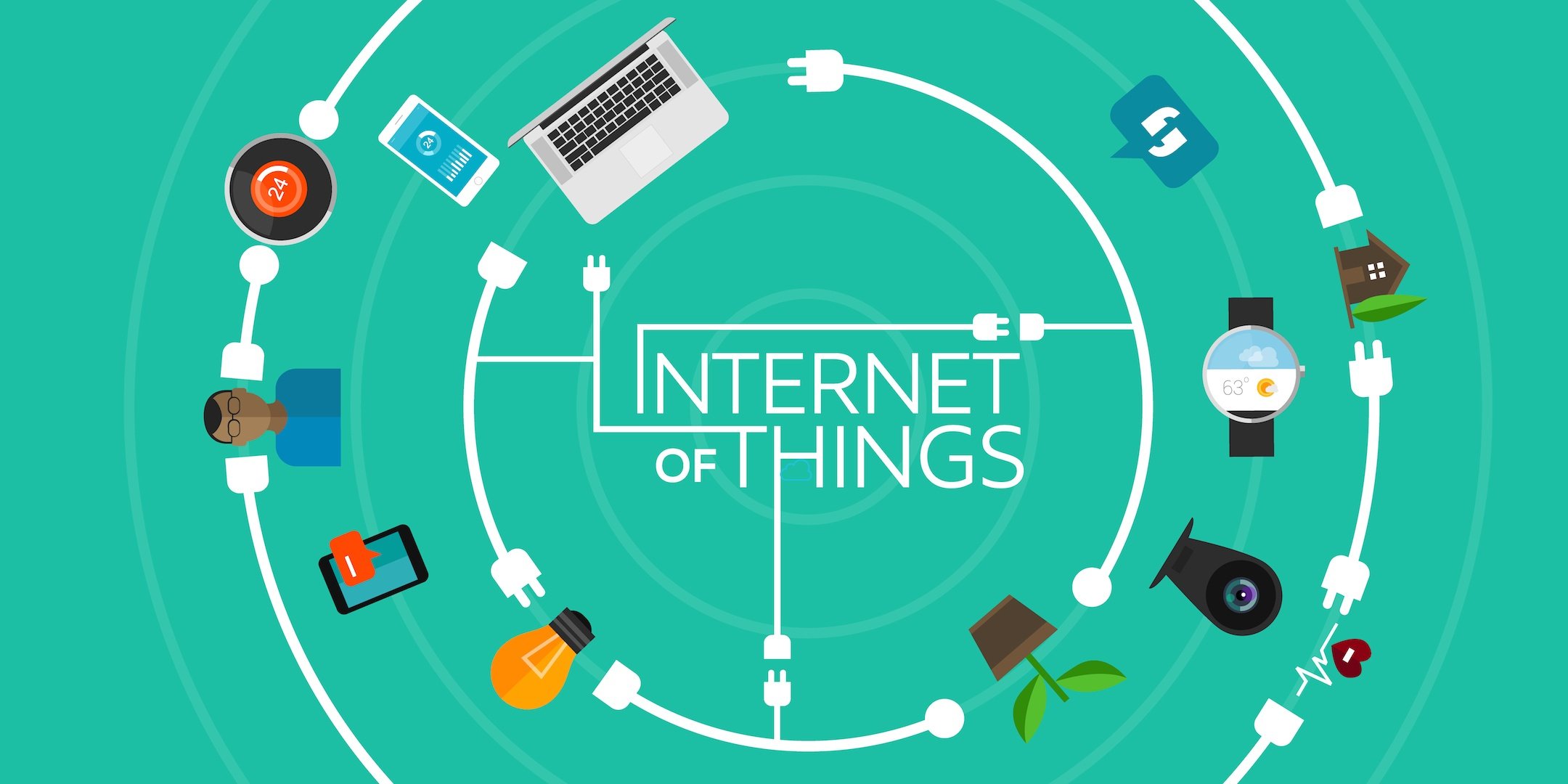
The Internet of Things (IoT) has become the centre of discussion for many businesses. Today, every business needs more control on data. Nevertheless,...